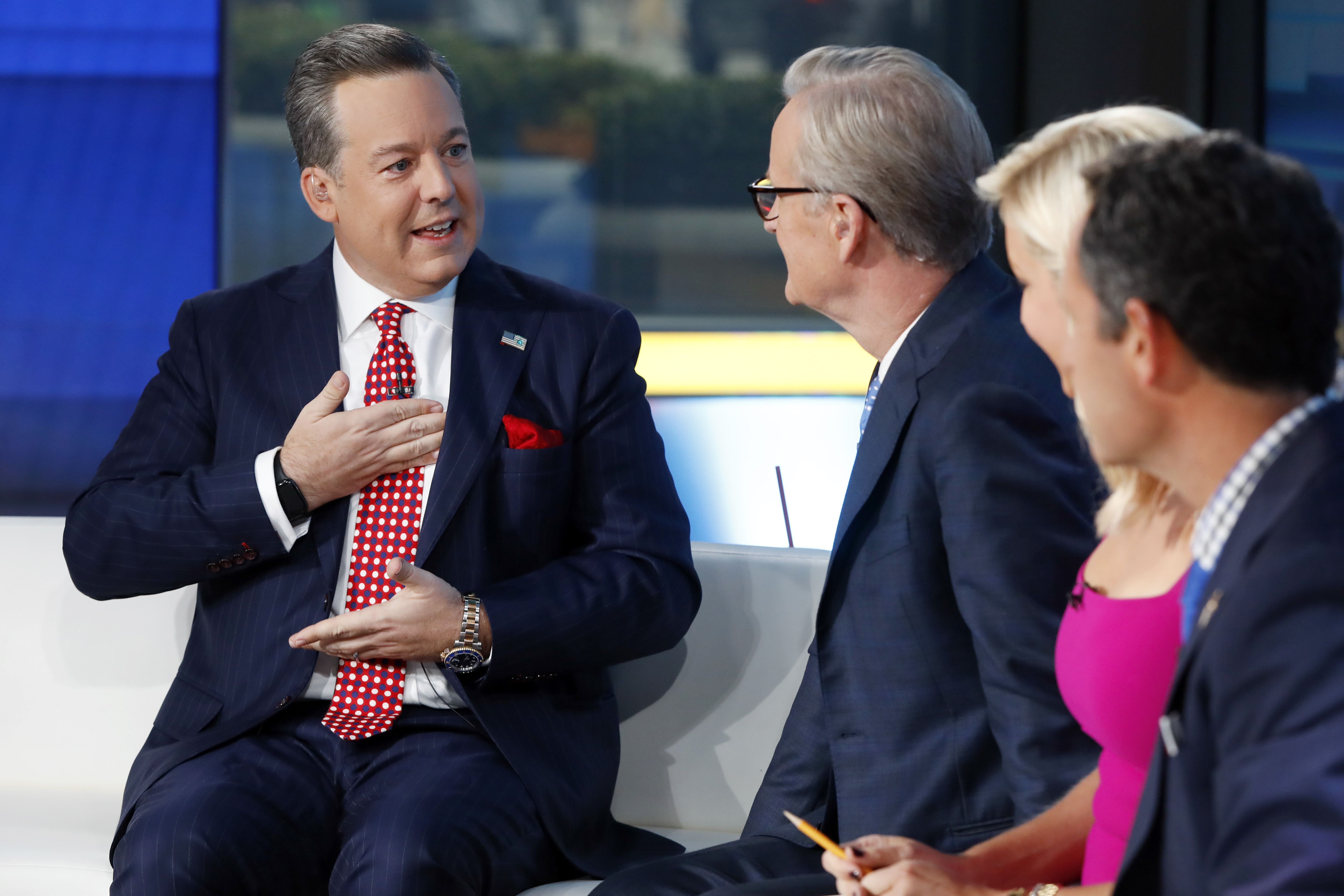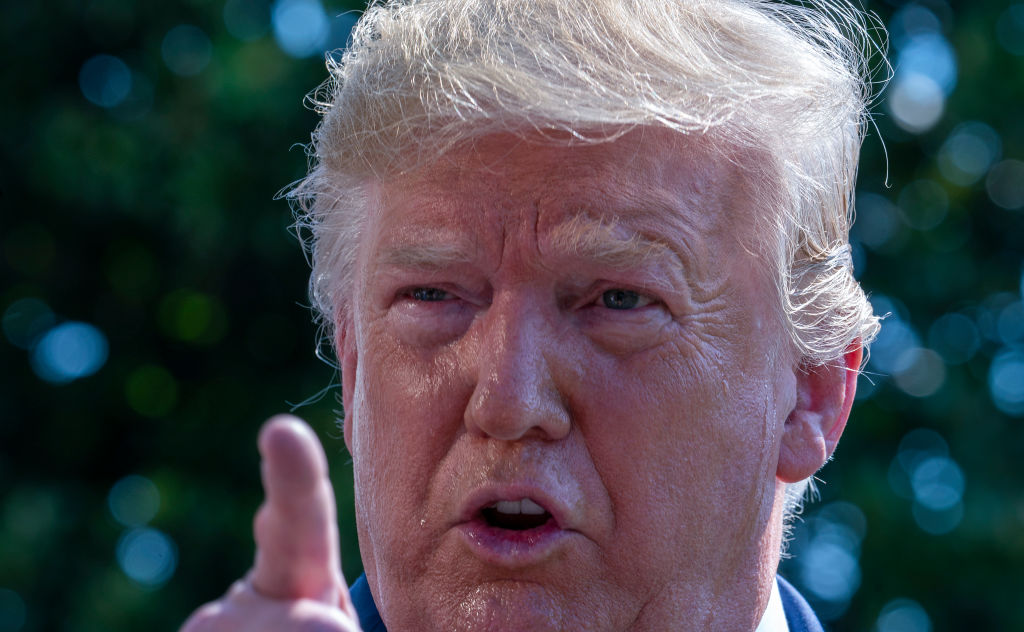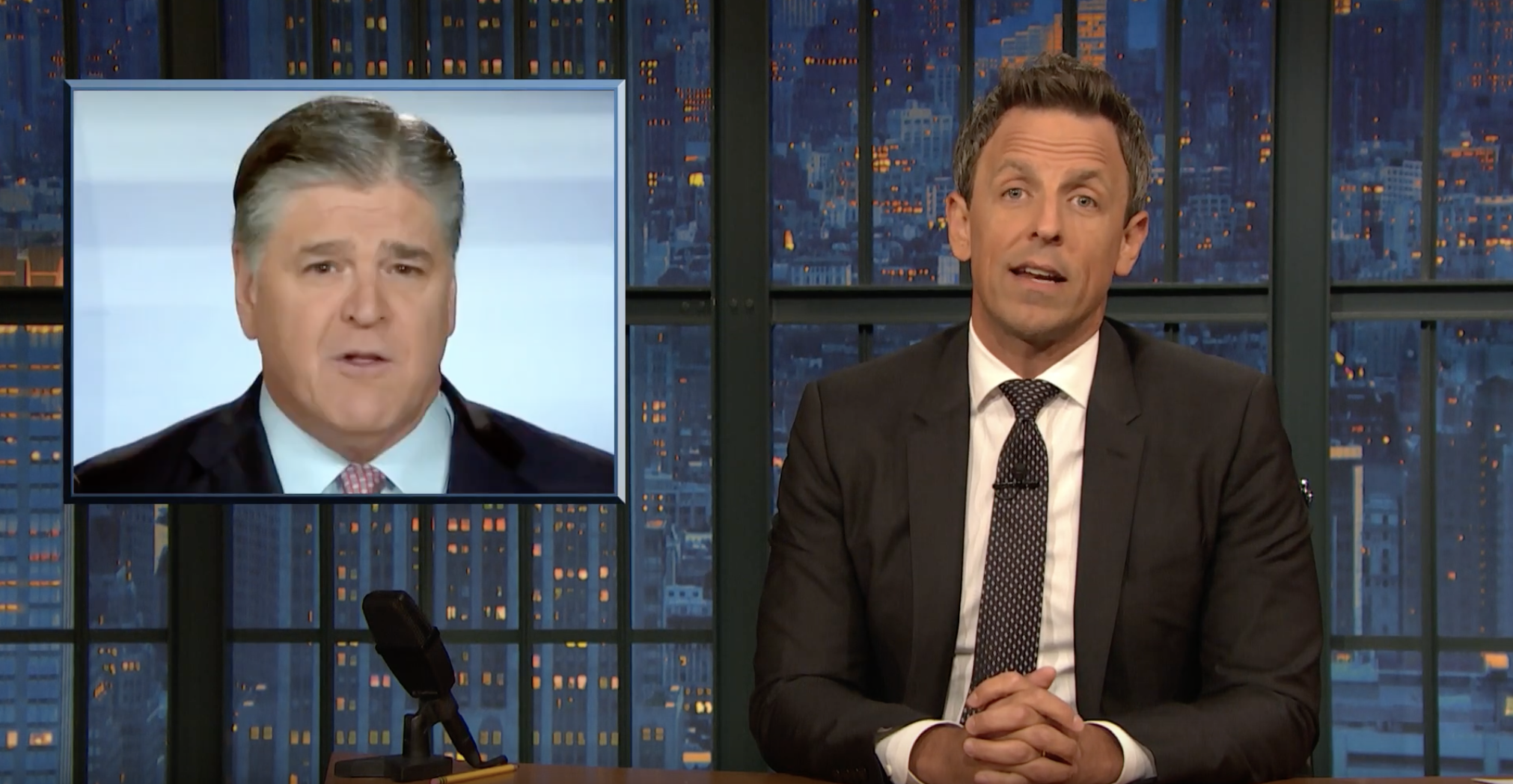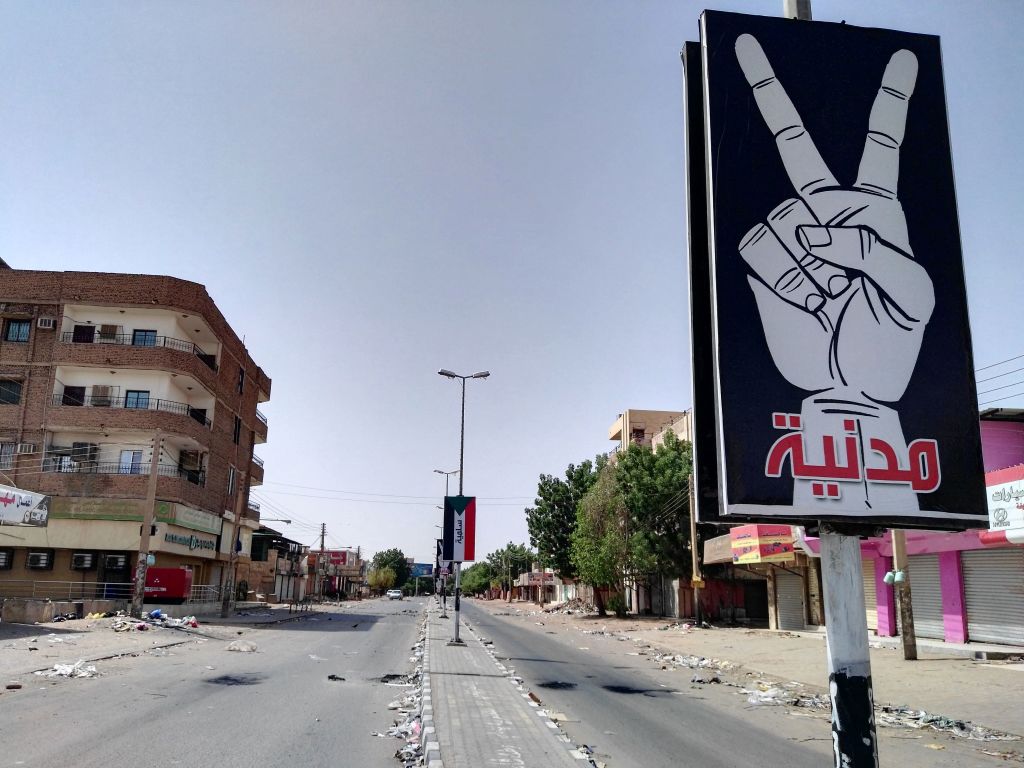How Saudi Arabia's war on Yemen became America's shame
The U.S. must cease its role in this lethal, unnecessary campaign — immediately


The U.S. is heavily engaged in a needless Middle Eastern war.
I know, I know: It sounds awfully familiar. But this is a needless Middle Eastern war you may not know about.
The U.S. is providing logistical, targeting, and intelligence assistance to Saudi Arabia in that nation's war against its neighbor, Yemen. The United States has conducted drone strikes as part of the operation as well. Yemen is being destroyed in the process, adding another refugee crisis to the Middle East, this one affecting Djibouti, Oman, and Somalia.
The Week
Escape your echo chamber. Get the facts behind the news, plus analysis from multiple perspectives.

Sign up for The Week's Free Newsletters
From our morning news briefing to a weekly Good News Newsletter, get the best of The Week delivered directly to your inbox.
From our morning news briefing to a weekly Good News Newsletter, get the best of The Week delivered directly to your inbox.
Some background: Yemen has been divided into north and south. In the north are Houthis, who are Zaydi in their faith, a type of Shia Islam. Southern Yemen is largely Sunni — a group that has historically dominated the nation. The Houthis rose up against the national government, kicking out Ali Abdullah Saleh in 2012. The transitional government that replaced him, however, didn't include Houthis. So the Houthis essentially overthrew that transitional government and seized the capital.
This spring, the Houthis began pushing further south. Saudi Arabia, the preeminent Sunni power in the region, gathered a league of Arab nations to intervene and crush the Houthis. Saudi Arabia has been assisted by Egypt and other states in the Persian Gulf. But the real brains of the operation are on loan from Uncle Sam.
The war in Yemen, one of the poorest countries in the region, has become a humanitarian disaster. Yemen imports nearly all of its food, and a Saudi-led blockade is devastating the nation. Last month, UNICEF reported that nearly half a million children there were experiencing life-threatening malnutrition. A million Yemeni people have been displaced after foreigners intervened in the country's civil war. The Saudi-led coalition has bombed health-care centers in Yemen, even one run by Doctors Without Borders that served a population of 200,000. This was not a stray bomb, but a sustained attack on the facility that lasted for hours. Doctors Without Borders had supplied its coordinates to the Saudi-led coalition ahead of the attack. It was still bombed.
Nahal Toosi of Politico reports that President Obama's administration is "increasingly frustrated" with Saudi Arabia. Not frustrated enough to withdraw its tactical and intelligence support, apparently. Just frustrated enough to leak limp quotes to Politico.
A free daily email with the biggest news stories of the day – and the best features from TheWeek.com
Saudi Arabia has been a longtime ally of the United States, a friend in a region where Iran and Iraq have been hostile. But the House of Saud's war in Yemen is a conflict that is angering several of our other allies. As early as April, Australia demanded a ceasefire to end the humanitarian crisis and killing of civilians. America's failure to listen or act has consequences for U.S. credibility (such as it exists). All the U.S. posturing about sparing civilian deaths in Libya and Syria is made into sick hypocrisy by the U.S. support of Saudi Arabia and friends. It also continues the pattern of the U.S. involving itself wherever there is destruction, death, and misery in the Middle East. Quite understandably, those who become victims of the chaos in the region will put blame on the world hegemon that decided to barge in uninvited.
It's a disgrace and an abomination. The Obama administration needs to recognize, like any designated driver, that a friend who is abetted in reckless behavior will become a liability. It's time to tell our friend to stop it, end the blockades, cease bombing civilian targets, and let the Yemeni people come to a new, hopefully more durable political settlement. The U.S. has enough disasters on its conscience in this region. We don't need Yemen, too.
Michael Brendan Dougherty is senior correspondent at TheWeek.com. He is the founder and editor of The Slurve, a newsletter about baseball. His work has appeared in The New York Times Magazine, ESPN Magazine, Slate and The American Conservative.
-
 Ultimate pasta alla Norma
Ultimate pasta alla NormaThe Week Recommends White miso and eggplant enrich the flavour of this classic pasta dish
-
 Death in Minneapolis: a shooting dividing the US
Death in Minneapolis: a shooting dividing the USIn the Spotlight Federal response to Renee Good’s shooting suggest priority is ‘vilifying Trump’s perceived enemies rather than informing the public’
-
 5 hilariously chilling cartoons about Trump’s plan to invade Greenland
5 hilariously chilling cartoons about Trump’s plan to invade GreenlandCartoons Artists take on misdirection, the need for Greenland, and more
-
 Ex-Fox News anchor Ed Henry accused of rape and sexual harassment
Ex-Fox News anchor Ed Henry accused of rape and sexual harassmentSpeed Read
-
 Comedian Chris D'Elia denies sexually harassing underage girls
Comedian Chris D'Elia denies sexually harassing underage girlsSpeed Read
-
 Former Fox News host Gretchen Carlson demands network release her from NDA: 'I want my voice back'
Former Fox News host Gretchen Carlson demands network release her from NDA: 'I want my voice back'Speed Read
-
 Trump reportedly grew furious with his aides over media coverage of his trips to Dayton and El Paso
Trump reportedly grew furious with his aides over media coverage of his trips to Dayton and El PasoSpeed Read
-
 Seth Meyers mocks 'lunatics' on Fox News and their plans to stop mass shootings
Seth Meyers mocks 'lunatics' on Fox News and their plans to stop mass shootingsSpeed Read
-
 Sudanese opposition leaders arrested after mediation talks with Ethiopian prime minister
Sudanese opposition leaders arrested after mediation talks with Ethiopian prime ministerSpeed Read
-
 CNN's Chris Cuomo pays tribute to Riley Howell, whose sacrifice during the UNC shooting holds a lesson
CNN's Chris Cuomo pays tribute to Riley Howell, whose sacrifice during the UNC shooting holds a lessonSpeed Read
-
 Fox News 'strongly' condemns host Jeanine Pirro's scripted comments on Rep. Ilhan Omar
Fox News 'strongly' condemns host Jeanine Pirro's scripted comments on Rep. Ilhan OmarSpeed Read
